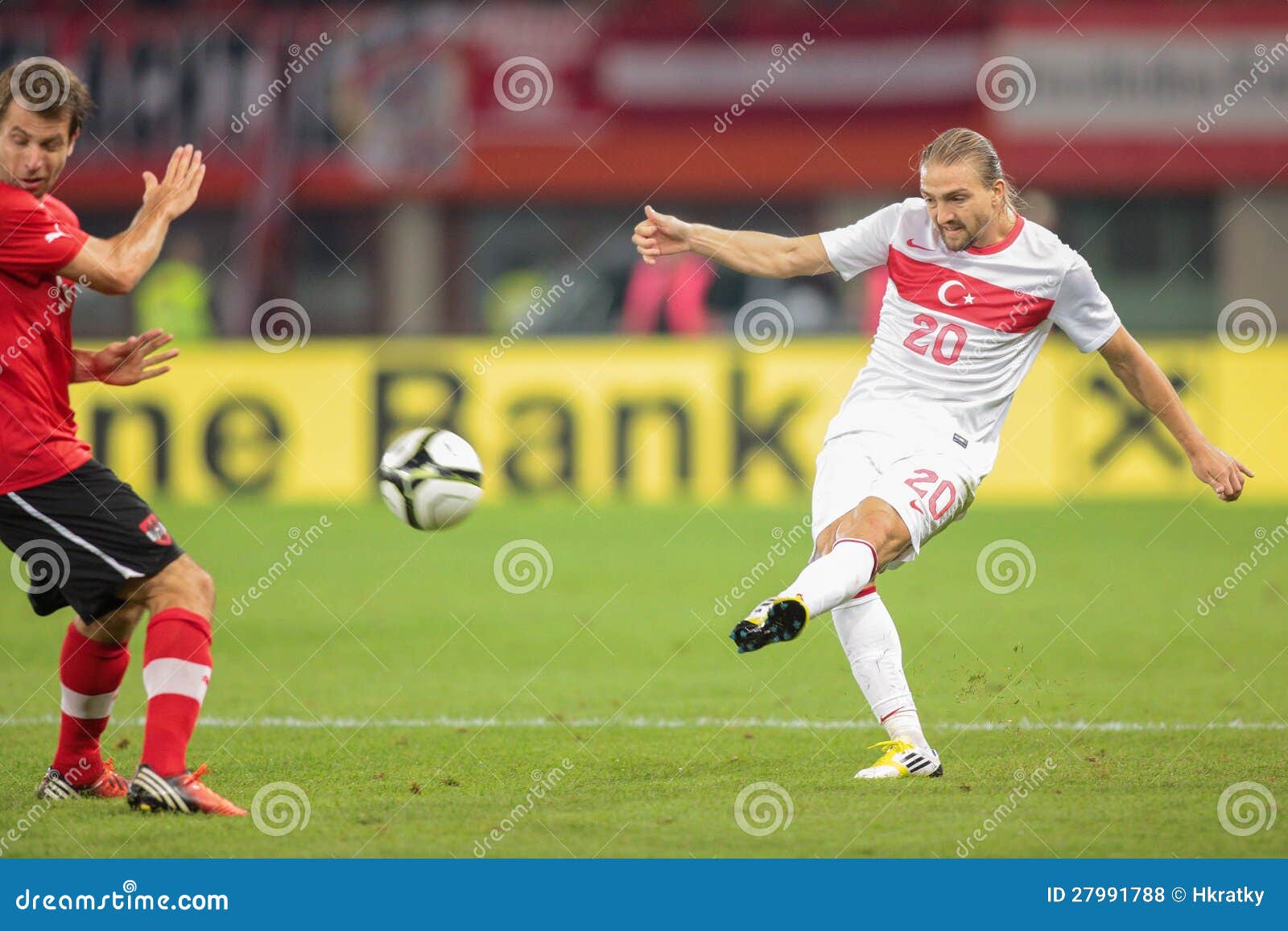Historical Comparison

Turkey vs austria – Turkey and Austria have a long and intertwined history, dating back to the Ottoman Empire. The Ottomans conquered much of southeastern Europe in the 14th and 15th centuries, and Austria was one of the few European powers that was able to resist their advances.
In the epic clash between Turkey and Austria, the fortunes of war swung like a pendulum. As the sun dipped below the horizon, casting long shadows across the battlefield, a flicker of hope emerged from an unexpected source. Lionel Scaloni, a brilliant strategist known for his tactical prowess (read more about Lionel Scaloni here) , had devised a plan that could turn the tide of the conflict.
With the fervor of a lion, Turkey rallied under his guidance, their spirits soaring as they charged into the fray once more.
The Ottoman Empire had a significant impact on Austrian history. The Ottomans introduced new technologies and ideas to Austria, and they also influenced Austrian art and architecture. The Ottoman Empire also posed a constant threat to Austria, and the two countries fought numerous wars over the centuries.
Political and Economic Systems
Throughout history, Turkey and Austria have had very different political and economic systems. Turkey was a monarchy for most of its history, while Austria was a republic. Turkey also had a much more centralized government than Austria, which was a federal state.
In terms of economics, Turkey was a predominantly agricultural country for most of its history. Austria, on the other hand, was a more industrialized country. In the 20th century, Turkey began to develop its economy, and it is now a major economic power.
Cultural Exchange: Turkey Vs Austria

Austria and Turkey have a long and rich history of cultural exchange, dating back to the Ottoman Empire. During this time, the two empires shared many cultural influences, including art, music, and literature.
One of the most visible examples of this cultural exchange is the architecture of Istanbul, which is home to many mosques and palaces that were built in the Ottoman style. These buildings often feature intricate tilework and calligraphy, which are also found in many Austrian buildings from the same period.
Art, Turkey vs austria
In terms of art, Austria and Turkey have both produced a number of world-renowned artists. Some of the most famous Austrian artists include Gustav Klimt, Egon Schiele, and Oskar Kokoschka. Some of the most famous Turkish artists include Osman Hamdi Bey, Şeker Ahmet Paşa, and Halil Paşa.
The art of Austria and Turkey often reflects the cultural influences of the two countries. For example, Klimt’s paintings often feature Byzantine and Islamic motifs, while Şeker Ahmet Paşa’s paintings often depict scenes from Turkish history and culture.
Music
Austria and Turkey have also had a significant influence on each other’s music. For example, the waltz, which is a popular dance in Austria, is thought to have originated in Turkey. Similarly, the Turkish folk song “Karşılama” has been adopted by many Austrian folk musicians.
Some of the most famous Austrian composers include Wolfgang Amadeus Mozart, Ludwig van Beethoven, and Franz Schubert. Some of the most famous Turkish composers include Fazıl Say, Ahmed Adnan Saygun, and Ulvi Cemal Erkin.
The music of Austria and Turkey often reflects the cultural influences of the two countries. For example, Mozart’s music often features Turkish elements, such as the use of the janissary band. Similarly, Saygun’s music often incorporates elements of Turkish folk music.
Literature
Austria and Turkey have also produced a number of world-renowned writers. Some of the most famous Austrian writers include Thomas Bernhard, Elfriede Jelinek, and Peter Handke. Some of the most famous Turkish writers include Orhan Pamuk, Yaşar Kemal, and Aziz Nesin.
The literature of Austria and Turkey often reflects the cultural influences of the two countries. For example, Bernhard’s novels often explore the themes of guilt and shame, which are common in Austrian culture. Similarly, Pamuk’s novels often explore the themes of identity and belonging, which are common in Turkish culture.
Immigration
In recent years, immigration has played a significant role in shaping the cultural landscape of both Austria and Turkey. For example, there is a large Turkish community in Austria, and there is a large Austrian community in Turkey. These communities have brought their own cultural influences to their new countries, which has resulted in a more diverse and vibrant cultural landscape.
Geopolitical Relations

Turkey and Austria have a long and complex geopolitical relationship. The two countries are both members of the European Union and NATO, but they have also had periods of tension, particularly over Turkey’s human rights record and its ambitions to join the EU. In recent years, however, relations between the two countries have improved, and they are now cooperating on a number of issues, including trade, energy, and security.
Trade and Economic Cooperation
Turkey and Austria have a strong economic relationship. Austria is one of Turkey’s largest trading partners, and Turkey is one of Austria’s largest export markets. The two countries are also cooperating on a number of economic projects, including the construction of a natural gas pipeline from Turkey to Austria.
Energy Cooperation
Turkey and Austria are also cooperating on energy issues. Turkey is a major importer of natural gas, and Austria is a major producer of natural gas. The two countries are working together to develop new gas pipelines and to increase the flow of gas from Austria to Turkey.
Security Cooperation
Turkey and Austria are also cooperating on security issues. The two countries are both members of NATO, and they are working together to combat terrorism and other security threats. Turkey is also a major contributor to the NATO mission in Afghanistan.
Challenges and Opportunities
Despite the progress that has been made in recent years, there are still a number of challenges in the Turkey-Austria relationship. One challenge is Turkey’s human rights record. Austria has been critical of Turkey’s human rights record, and this has sometimes led to tension between the two countries. Another challenge is Turkey’s ambitions to join the EU. Austria is one of the countries that has been skeptical about Turkey’s EU membership, and this has also led to some tension between the two countries.
Despite these challenges, there are also a number of opportunities for cooperation between Turkey and Austria. The two countries have a strong economic relationship, and they are cooperating on a number of important issues, including trade, energy, and security. The future of the Turkey-Austria relationship will depend on the ability of the two countries to overcome the challenges and seize the opportunities for cooperation.
Turkey and Austria have a long history of rivalry, both on and off the soccer field. In recent years, the two nations have met in several high-profile matches, including the 2008 European Championship semi-finals. For those who missed that match, or any other recent Turkey vs.
Austria clash, there is now a way to watch Colombia vs Brazil. This highly anticipated match is sure to be full of excitement, so be sure to tune in and catch all the action.